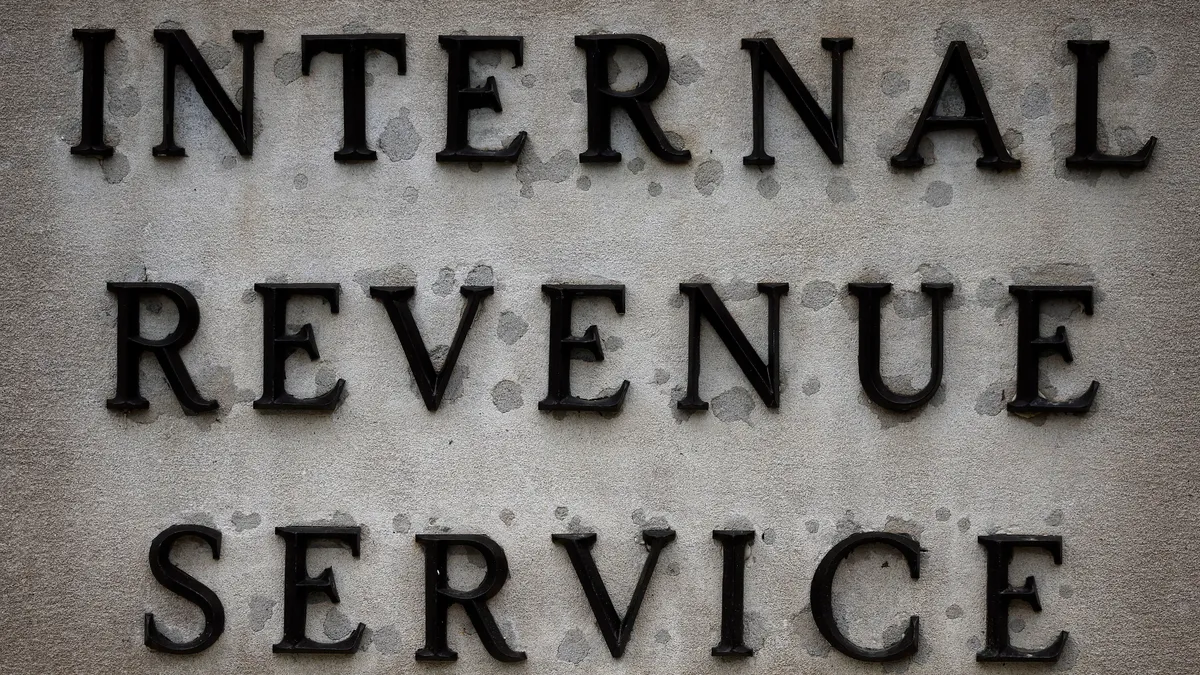#MeToo and the pandemic have added to the challenges of mentoring, but they don’t detract from the benefits, say experts.
For a CFO, mentoring can provide the satisfaction of showcasing lessons learned over years on the job and decades in the business world.
For a mentee, the experience can lead to a more emotionally and financially rewarding career.
And yet, with the #MeToo movement and an emphasis on diversity in many businesses, there are hurdles to overcome given the legacy of white male leadership in the finance profession. Karen Burke, an HR knowledge advisor at the Society for Human Resource Management (SHRM), said she and her colleagues at the association have heard of cases where males would decline mentoring or working alone with females out of fear of potential harassment claims.
She added there have also been similar situations where mentors were concerned about mentoring minority employees out of concern over discrimination claims.
Extra significance
For CFO Michelle McComb, the greater attention the C-Suites and boards are paying to diversity has been an inspiration.
“For me personally, the increased emphasis on diversity and the #MeToo movement has added an extra significance to being a female leader,” said McComb who works at Bluecore, which operates online shopping platforms for digital retailers.
“Having more women in senior roles is something for other women to look up to and aspire to,” she said. “I want to be able to lend my expertise to other women so they can grow and thrive in their positions. The way I see it is, if you don’t step up and help, then things will never change.”
McComb said #MeToo has added to the need for CFO mentors to have a solid understanding of HR best practices so they can avoid allegations of harassment or discrimination — which can escalate into HR vs. Legal.
However, she said, it’s more important to know when to involve HR over Legal.
“Legal can thwart mentors and mentees from forming close personal relationships, which ultimately leads to more vulnerable and productive conversations,” McComb said.
What is counterproductive, she said, is for a mentor to think they can take the place of HR.
“If something is shared with you and it is taking place within your company, it is your obligation to take it to Human Resources,” she said. “A mentorship is not a place to vent and work out negative feelings: it’s a place to grow personally and professionally.”
Although her interest as a mentor is in adding to the ranks of high-level women executives, she is not forsaking men who she sees as up and comers, she said.
“For both, it is extremely important to establish a personal connection and be invested in the relationship, or else it won't be productive or successful,” she said. “It’s good to share prior experience in the field, and help them prepare for what to watch for, whether that be to jump on opportunities or how to navigate pitfalls.”
Personal connection
Whether Zoom or on the phone or in person, she said, she has found it beneficial to align on how you want to operate. It could be structured meetings or fluid chats. Whatever it is, establish the path forward and what goals or topics the two of you would like to cover from the beginning.
In mentoring remotely, McComb said, she prefers Zoom because it aids in establishing a personal connection.
“Zoom gives the opportunity to build person-to-person engagement and read body language,” she said.
With the stress the pandemic has put on workers, McComb said, a mentor is wise to take time to check in not only on how the mentee is doing professionally but also personally. That helps build rapport and connection.
In her view, mentorship is a place where people can be vulnerable. That makes it important for both mentors and mentees to feel free to admit that they don’t know something. Mentors don’t always have all the answers, and it’s ok to figure things out together.
With the stress of the pandemic, she said, even as it appears to be easing up with the delta variant showing signs of slowing down, it’s important to bring empathy to the table and be open to understanding what people are going through.
Program elements
For mentoring, it’s best for a company to have a structured program in place, said Burke of SHRM.
“Structure can assist with the selection of participants or mentees, determining the duration period or length of a program, identifying high potential or senior employees as mentors, selecting a feedback mechanism to be used and more,” she said.
She said SHRM research has found the following best practices in mentoring:
- Build relationships with your mentees. This might at first require frequent meetings and discussions before they evolve into monthly, weekly or other frequency of meetings to provide support on work and professional development topics and to maintain the relationship.
- Listen and seek to understand the professional challenges of a mentee. Two-way discussions should be used when guiding on the handling of situations versus talking at the mentee with speeches and monologues.
- Use your life experiences. True life challenges and outcomes can outline for mentees accountability. That helps them learn to address professional errors from which they can grow.
Conflict avoidance
While you might feel a personal commitment to being a mentor, perhaps as paying forward the help you received in your career, recognize that there can be disappointments and slips like anything in the business world, Burke said.
She noted sometimes a mentee may not be committed and conflicts in personalities, beliefs and leadership styles can come into play.
On your end, you could find being a mentor takes away too much time from your core responsibilities.
That said, most of these concerns can be eliminated if the program is structured well.
To increase chances of success, Mark Abrams of Madden Talent said, do your best not to make the experience a bore for the mentee. And don’t offer a lot of opinions until you’re accepted as a mentor.
“Once accepted, the rules change and the mentee will be more accepting of your knowledge and assistance,” said the veteran CEO consultant.
Chitra Balasubramanian, CFO at CircleCI, a development operations software company, cautioned not to embarrass a mentee. “If you’re mentoring an individual who is part of the same organization, don't critique them or give them critical feedback in a group setting,” she said. “Instead, give them your feedback in a one-on-one setting, focusing on how something could have been more positively impactful.”
This tactic can work because it will foster a trust-based relationship and create a safe space to help them understand where they are and how they can grow, she said.


















